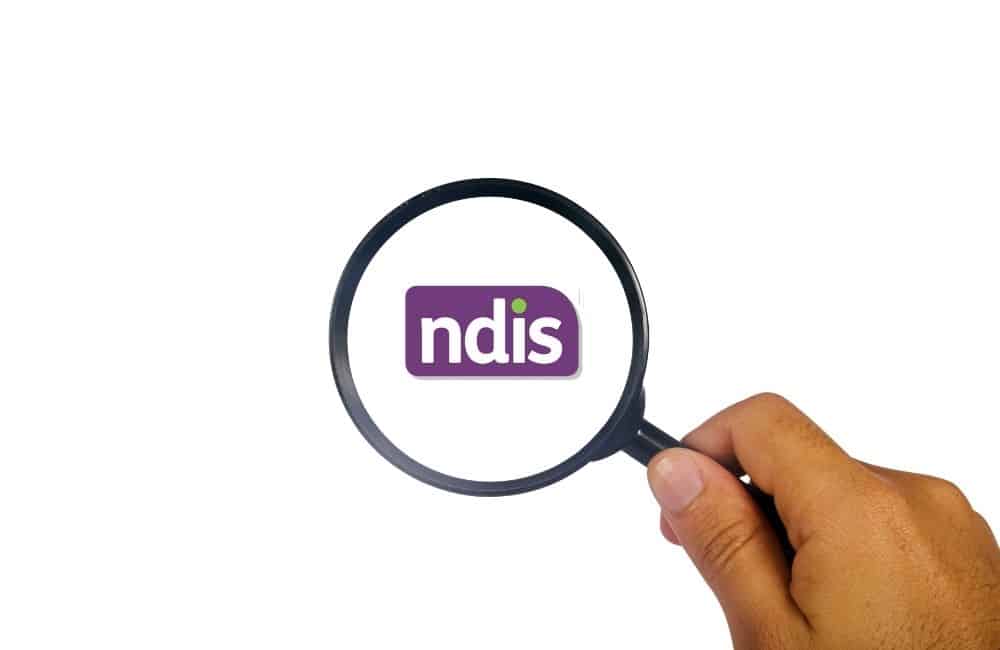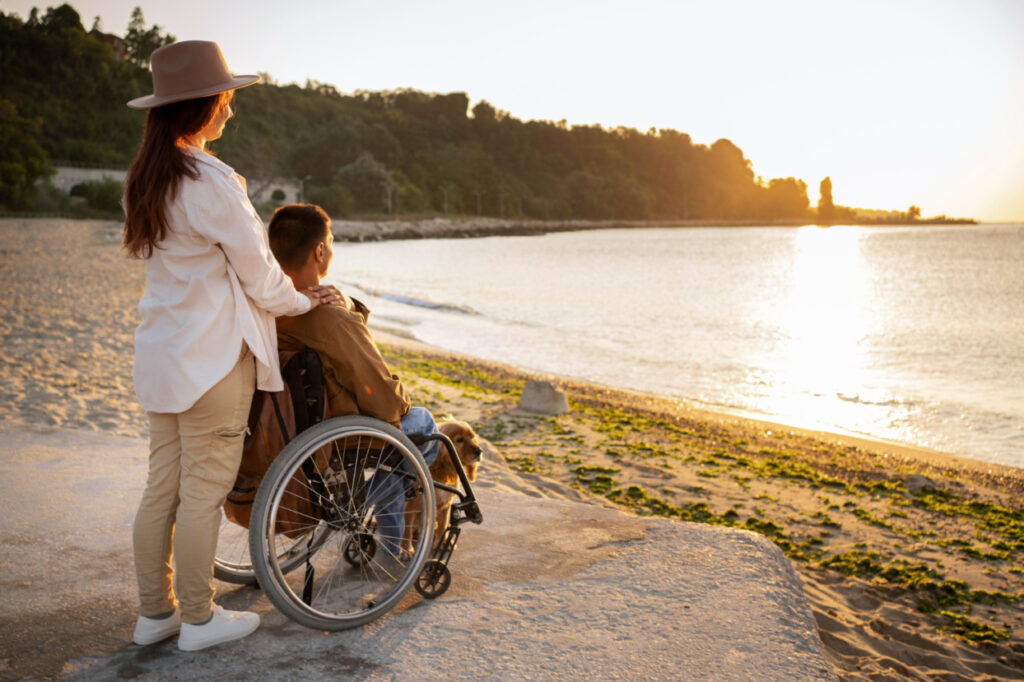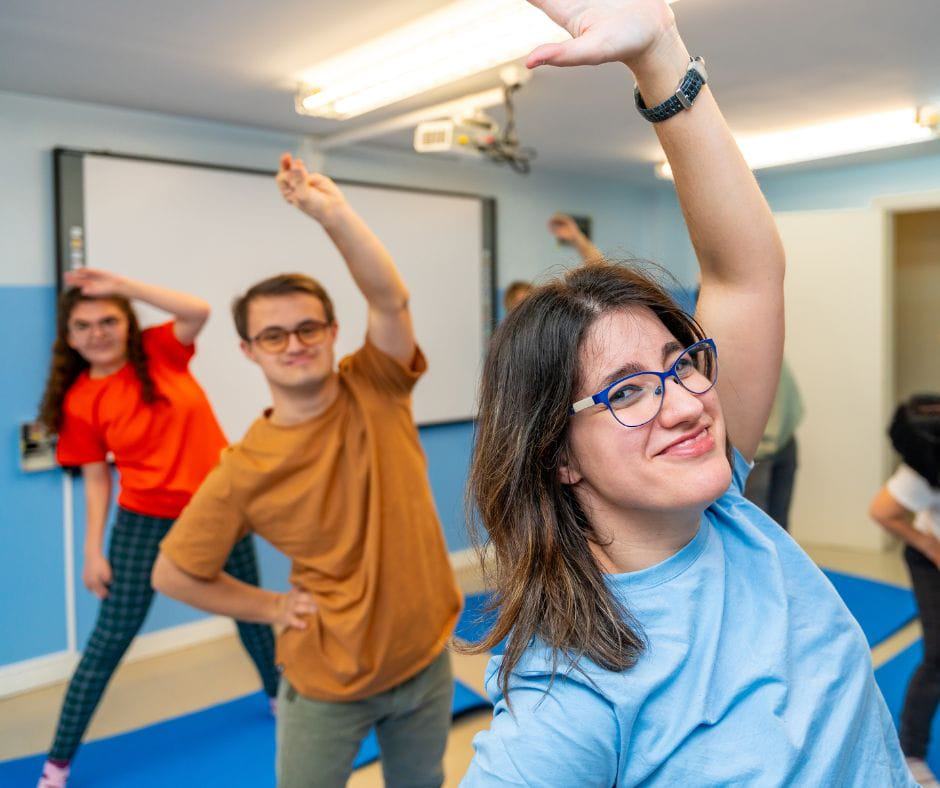In May 2013, the Federal Government introduced a new scheme for people with disability called the National Disability Insurance Scheme (NDIS). The Scheme aims to provide financial support to more than 200,000 Australians with disability and their families over the next five years.
The NDIS comprises:
(a) the provision of services or activities that are in the nature of coordination, strategic or referral services or activities and
(b) funding for persons or entities to enable them to assist people with disability to participate in economic and social life and
(c) individual plans under which reasonable and necessary supports will be funded for certain people, called participants.
The National Insurance Scheme (NDIS) provides funding for people with disability to urge the assistance that they have to steer happy, dignified lives. As most are unique, so too are their goals and wishes. NDIS works on goals and plans and the way the support given by this scheme can help them achieve these goals.
- Information and support
For many people with disabilities, having easier access to information is an important first step. . Through the NDIS, you would have access information about the effective support options, referral to the relevant support services, help to build individual capacity such as diagnosis advice, as well as links to local support coordinator, clubs, associations, initiatives or programs. There are also providers and planners who are approved by the NDIS, that provide services that are tailored to benefit the individuals who are registered with NDIS.
- Individualised plans and support
As NDIS is a very goal oriented scheme, the things you want to achieve and skills you want to build will be unique to only you. How does the NDIS help participants achieve their individual goals when there are so many participants with various goals and plans? The key is through individualised plans and supports. One can access NDIS funding to plan your goals and aspirations, access programs or services to help you achieve your goals, as well as to manage your individual plan. The NDIS also provides support to families and carers, in order that you’ve got a powerful network to assist you achieve your goals.
- Early Intervention
We know that most children who get the disability support at early stages, end up being more adaptive with time. NDIS does support citizens between the ages of 7-64 years old. As a parent you can seek support for your child by receiving NDIS funding to make sure that the needs of your child are fulfilled and you are not held down by finances. There are NDIS providers who provide various services for registered NDIS participants.
- Funded Supports
Depending on the goals of your plan, you may be eligible for funded support. This could involve choosing support providers for ongoing support programs, mobility equipment, housing support or disability care services. These services would help the NDIS participants to live a comfortable life and make it easier to get on with their daily lives. A lot of times, due to the wide spectrum of disabilities — one might need only some support services to achieve their goals. Starting at an early age would be helpful as the person would be used to it and would have found ways to incorporate the disabilities into their life to the point where they don’t feel like they are at disadvantage.
- Housing
Affordable, stable housing is vital for helping people with disability achieve their life goals and aspirations. As housing policy is handled by State Governments, so the question lies how does NDIS support help with housing? The answer lies in providing ongoing support for daily living, which may include some housing costs. NDIS provides funding that can be used to pay for the housing support provided by NDIS providers like OSAN Ability.
- Assistive Technology
The NDIS also provides funding for assistive technology. This is often defined as ‘any device or system that enables individuals to perform tasks that they might rather be unable to try to do or increase the convenience and safety with which tasks can be performed.’ These may include devices like mobility canes, wheelchairs, hearing aids and bed rails.
- Support to access community services and activities
How does the NDIS help people with disabilities connect with the community? These community services would help bring about confidence and support to the people. It is important to feel belonged and welcomed. These activities would help bring up new hobbies and skills that would create an interest in these children.
It is important that people with disabilities approach the NDIS for funding support to help them achieve their plans and goals. If in doubt you can contact OSAN Ability Assist at 1300 799 941, to understand eligibility requirements and services you can receive.
Resource – https://www.legislation.gov.au/Details/C2013A00020










